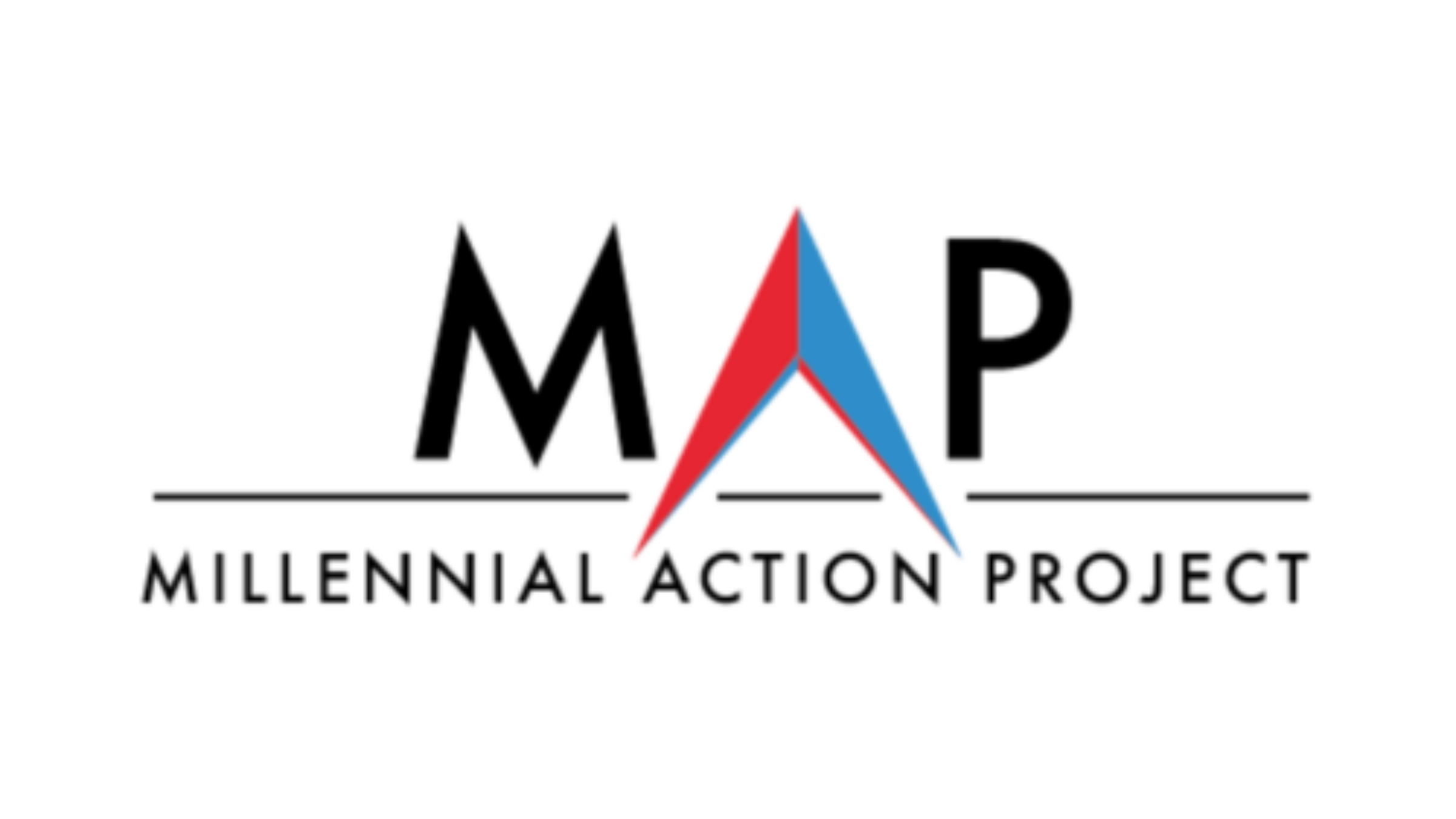Millennial Action Project Warns Issues in Georgia Primary Serve as Caution Sign for November
June 10, 2020
If vote-by-mail systems are not more widely adopted, the problems plaguing the Georgia primary elections will resurface in the Fall

FOR IMMEDIATE RELEASE
June 10, 2020
PRESS INQUIRIES
Stacy Lewis
If vote-by-mail systems are not more widely adopted, the problems plaguing the Georgia primary elections will resurface in the Fall
WASHINGTON, D.C. — Early reports from Tuesday’s primary election in Georgia indicate that insufficient preparation resulted in prohibitive wait times, malfunctioning machinery and general disarray as voters sought to cast their ballots. Many of the problems voters faced could have been avoided had more time been built to accommodate the absentee ballot request process, proper testing and equipping of voting stations, and earlier training of poll workers.
Unfortunately, a hyperpartisan political environment has stigmatized bipartisan cooperation on vote-by-mail, regardless of how widely-used and accepted it is by experts and policymakers on both sides of the aisle. Even among constituents, vote-by-mail has broad bipartisan support. Especially in the age of COVID-19, vote-by-mail is an issue where Republicans and Democrats can—and have—come together to put public health and election integrity above partisan rancor. But unless these bipartisan efforts are successfully implemented throughout the United States, public safety concerns and logistical difficulties could imperil access to the polls, and ultimately the success of the general election in November.
“Protecting public health and maintaining election integrity are issues that, by their very nature, transcend partisanship,” said Steven Olikara, Founder and President of the Millennial Action Project (MAP). “We saw what happened in my home state of Wisconsin, during their elections in April—we cannot permit ourselves to repeat this same mistake. We at MAP resolved to bridge the partisan divide on this critical issue and work to ensure voters are not forced to choose between their health and their right to have their voice heard in this democracy.”
Earlier this year, MAP launched an initiative mobilizing young, bipartisan legislators to promote safe and healthy voting across the country. These efforts work to ensure vote-by-mail is an option for all voters, polling places are in accordance with social distancing and other public safety guidelines, and ballot security measures are enhanced to maintain confidence in election integrity. This initiative, Partnering to Ensure Election Resiliency, or the P.E.E.R. Project aims to prepare policymakers, election administrators, and voters for upcoming state primaries and the November elections.
The challenges in Georgia underscore the need for immediate bipartisan cooperation and adequate time for planning. There are still 29 state and presidential primary elections set to take place this summer, and we must ensure that the problems we’ve seen in Wisconsin and Georgia are thoroughly addressed before the general election.
###
The Millennial Action Project (MAP) is a national, nonpartisan 501(c)(3) organization dedicated to activating young policymakers to bridge the partisan divide and lead a new era of collaborative governance. In 2013, MAP organized America’s first-ever bipartisan caucus for young members of Congress, the Congressional Future Caucus. Shaping the next generation of leadership, MAP’s Future Caucus Network has expanded into nearly 30 state legislatures and grown into the largest nonpartisan organization of millennial elected officials in the U.S.






Join 1,900+ BIPARTISAN LEADERS NATIONWIDE
Be a part of a network of lawmakers committed to governing effectively, passing more representative public policy, and increasing public trust in democracy.